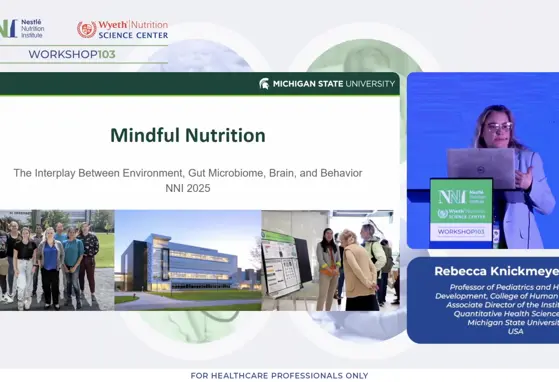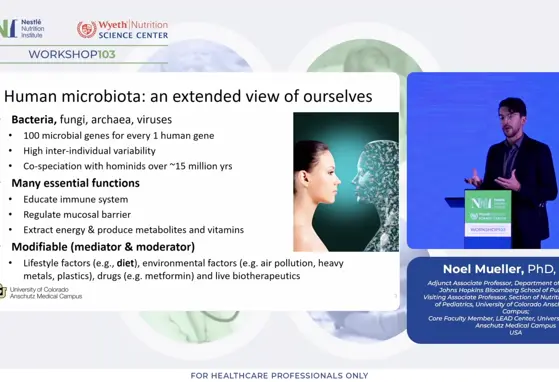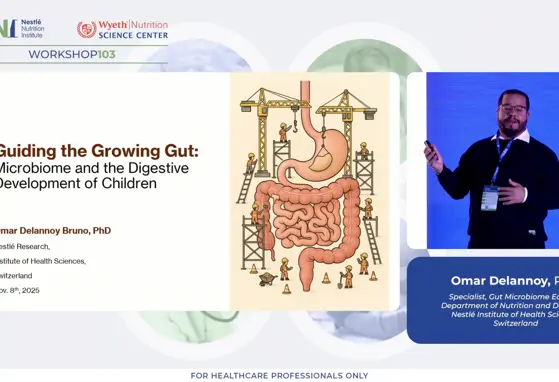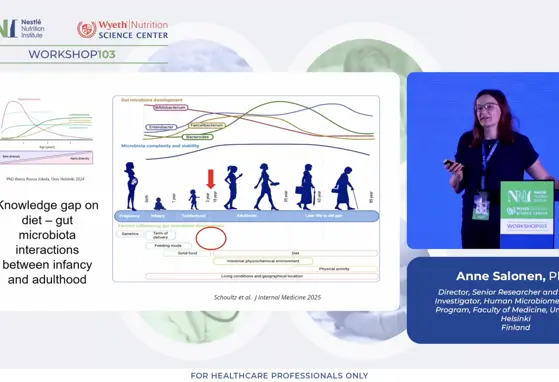Neonatal mortality
According to the world health organization (WHO) close to a quarter of newborn deaths in the world are caused by asphyxia at birth. It is amongst the top three causes of neonatal death.
What is even more disturbing is the fact that the highest rate of infant mortality in the world is observed in Central and West Africa, where one infant in eight dies before the age of five years.
Prematurity and a low birth weight are two complications of pregnancy that can necessitate the knowledge of skills in neonatal resuscitation. When properly carried out, this simple act can go a long way to prevent a great number of infant deaths.
Skills in resuscitation of new-borns and infants are extremely important in low resource settings where care of premature is inappropriate, the mortality rate and the burden of long term consequences of asphyxia at birth is high.
Training in neonatal resuscitation
In order to contribute to the reduction of neonatal deaths, on the 12 May 2016, the NNI in Africa co-organized a training workshop for about 50 midwives and delivery nurses with the Association of midwives of Cameroon (ASFAC)
The workshop started with a symposium on the importance of breastfeeding led by Dr Eugene Eloundou and Dr Isabelle Mekone, paediatricians. Delegates of the Central and West African Region training course in paediatric nutrition, hepatology and gastroenterology were also part of the resource. During this highly interactive phase of the program the importance of breastfeeding, and its impact on long term health was clearly demonstrated to the healthcare professionals.
Dr Evelyne Mah, paediatrician and lecturer in the Faculty of Medicine and Biomedical Sciences of the University of Yaoundé 1 expounded in great detail on the basic technics to be acquired by the delivery nurses and midwives in order to help babies breathe during the “golden minute”. The practical session afforded participants an opportunity to practice the skills learnt. At the end of the training session each of the participants received a copy of a neonatology handbook, a publication sponsored by Nestlé. “We appreciate the support of Nestlé and their contribution in the building of capacity of healthcare professionals and care givers to help save lives,” declared Hortense Atchoumi, president of ASFAC.
If you liked this post you may also like

Mindful Microbes: The Interplay Between Environment, Gut Microbiome, Brain, and Behavior

Exploring the Crosstalk: Nutrition, Microbiome, and Cardiometabolic Health

Guiding the Growing Gut: Microbiome and the Digestive Development of Children

Nourishing the Microbiome at Preschool age: Dietary influences from infancy to present